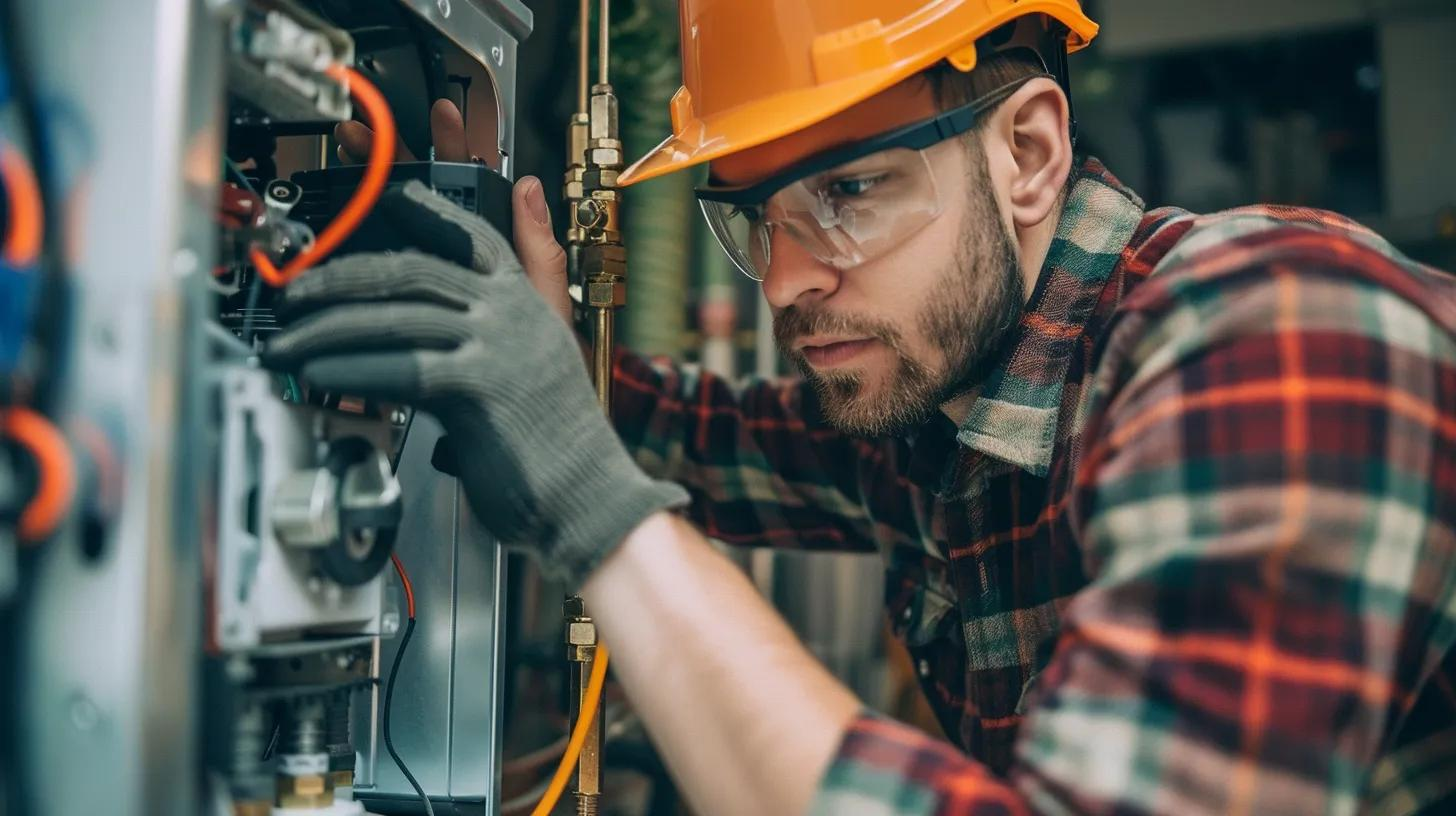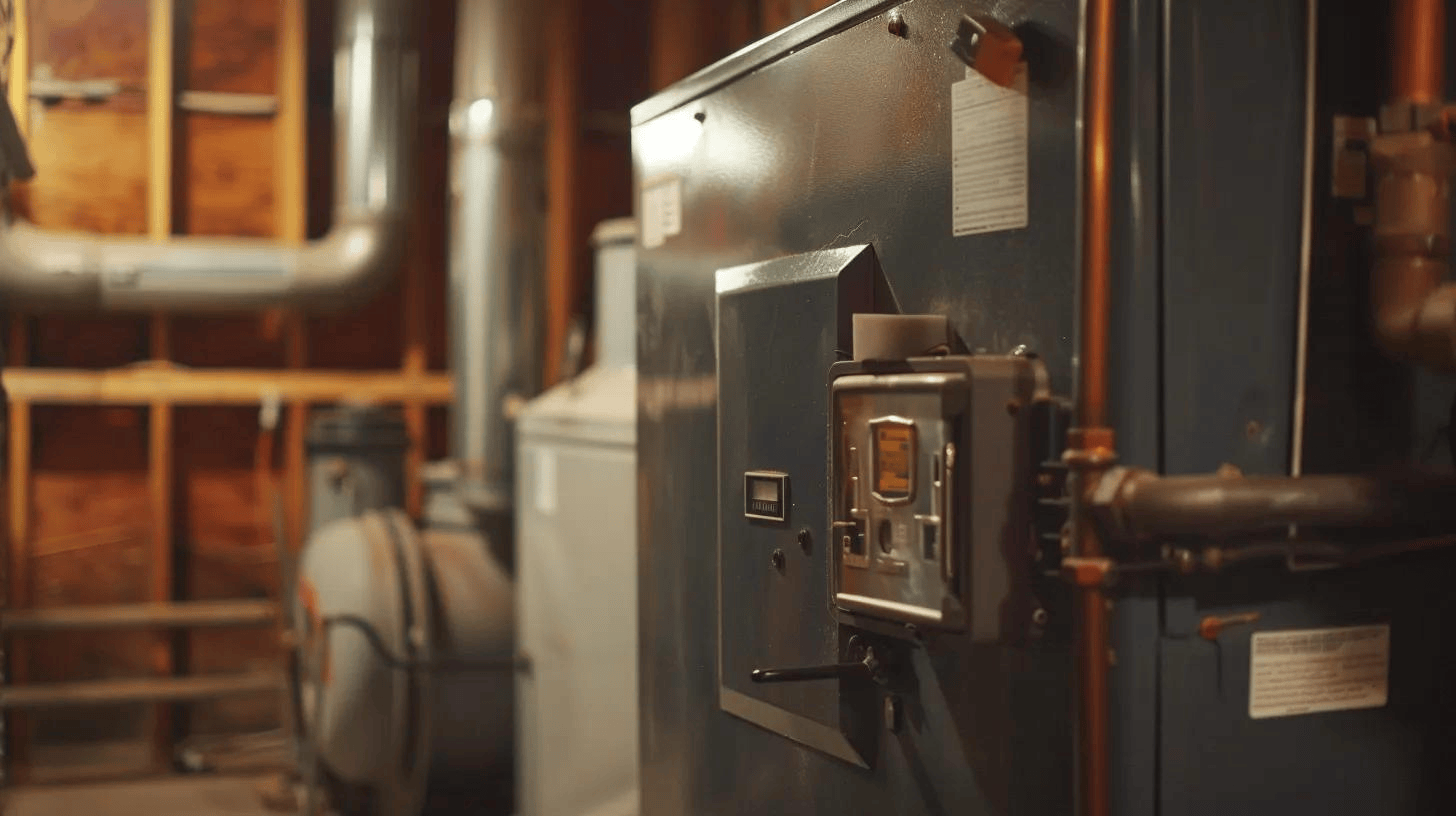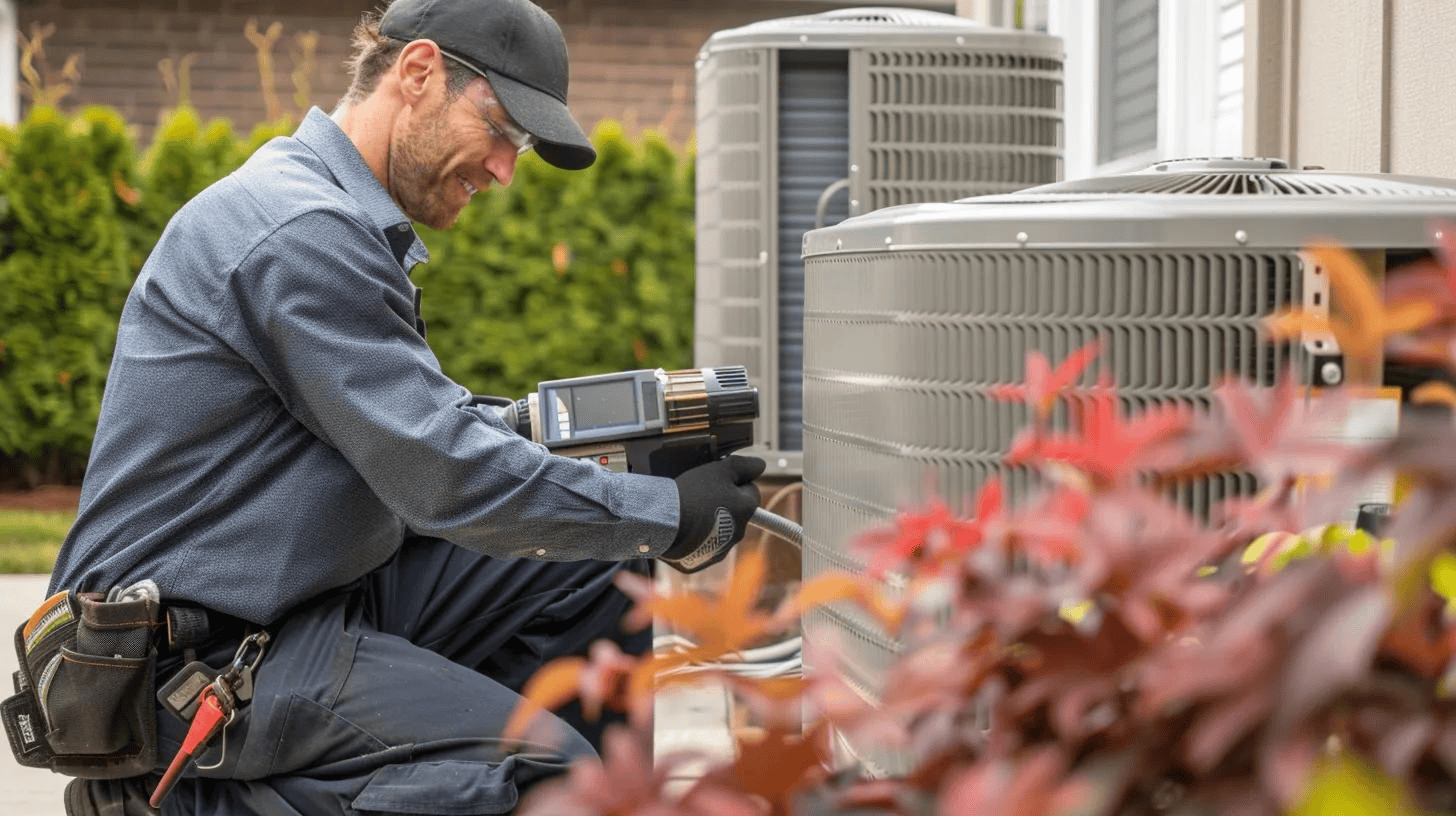Understanding Heat Pump Short Cycling
When your heat pump turns on for a brief period, runs for only a few minutes, and then shuts off before repeating this cycle frequently, it's known as short cycling. This isn't just a minor annoyance; it's a significant indicator that something is wrong with your system and can have serious consequences for your comfort, energy bills, and the lifespan of your heat pump. Unlike a healthy system that completes longer, consistent cycles to efficiently heat or cool your home, a short-cycling unit struggles to maintain temperature and experiences excessive wear and tear.
Ignoring short cycling can lead to higher operating costs, reduced indoor comfort, and ultimately, premature system failure, necessitating expensive Heat Pump Replacement sooner than expected. Understanding the potential causes is the first step to addressing the issue effectively.
Common Reasons Your Heat Pump May Be Short Cycling
Several factors can cause a heat pump to short cycle. Identifying the specific issue often requires professional diagnosis, as many causes are interconnected and involve complex system components.
Dirty Air Filter
A clogged or dirty air filter is one of the most common and easily overlooked causes of short cycling. A dirty filter restricts airflow through the heat pump's indoor unit. This reduced airflow makes the system work harder to move air, which can cause components like the heat exchanger or evaporator coil to overheat or freeze up. Safety limits within the system may trigger the unit to shut off prematurely to prevent damage, leading to short cycles. Regularly checking and replacing your air filter is a simple maintenance step that can prevent this and other issues.
Low Refrigerant Levels
Refrigerant is essential for your heat pump to transfer heat effectively. Low refrigerant, usually caused by a leak, can lead to several problems that result in short cycling. When refrigerant levels are low, the system cannot properly absorb or release heat. This inefficiency forces the compressor to work harder and longer in short bursts, or it can cause components to freeze (like the evaporator coil), triggering a shutdown. Signs of low refrigerant include reduced cooling or heating capacity, hissing or bubbling noises, and ice formation on the outdoor unit or refrigerant lines. Refrigerant leaks require professional attention to locate, repair, and properly recharge the system.
Oversized Heat Pump System
An improperly sized heat pump can cause short cycling from the moment it's installed. A heat pump that is too large for the home's square footage will heat or cool the space too quickly. Once the desired temperature is reached, the thermostat tells the system to shut off. Because the system was oversized, it satisfied the demand rapidly, resulting in a very short run cycle. While this might seem efficient, it prevents the system from completing a full cycle necessary for proper dehumidification (in cooling mode) and even temperature distribution, leading to uncomfortable temperature swings and unnecessary starts and stops that wear on components.
Thermostat Malfunctions
The thermostat is the control center for your heat pump. If the thermostat is faulty, incorrectly calibrated, or improperly located, it can send inaccurate signals to the heat pump, causing it to cycle erratically. Common thermostat issues include:
- Incorrect Settings: Wrong programming, fan settings, or mode selection.
- Poor Placement: Located near a heat source (like a lamp or window) or a draft, leading it to sense incorrect temperatures.
- Faulty Wiring: Damaged or loose wires preventing proper communication with the heat pump.
- Calibration Issues: The thermostat incorrectly reads the actual room temperature.
Sometimes, simply changing the thermostat battery or ensuring it's set correctly can resolve the issue, but complex wiring or calibration problems require professional expertise.
System Age and Wear and Tear
As heat pumps age, components naturally experience wear and tear. Issues like failing capacitors, a struggling compressor, or worn-out fan motors can cause the system to operate inefficiently and potentially short cycle. Older systems may also use outdated technology that is less efficient or prone to certain failures. While regular Heat Pump Maintenance can extend the life of your system, eventually, age-related issues can become too frequent or costly to repair, indicating that Heat Pump Replacement might be a more economical long-term solution than repeated Heat Pump Repair.
Frozen or Iced-Over Coils
In heating mode, if the outdoor temperature drops sufficiently, the outdoor coil can ice over. Heat pumps have a defrost cycle to manage this, but if the defrost mechanism fails, or if there's another issue like low refrigerant or poor airflow, the ice can accumulate excessively. A heavily iced coil prevents the system from absorbing heat from the outdoor air, severely reducing its efficiency and potentially causing it to short cycle as safety mechanisms engage. Similarly, in cooling mode, poor airflow or low refrigerant can cause the indoor evaporator coil to freeze, leading to similar short cycling issues.
Electrical or Mechanical Problems
Various other electrical or mechanical failures within the heat pump system can trigger short cycling. This could include problems with the control board, start relay, contactor, or issues within the compressor itself. These components are critical to the system's operation, and their failure can cause the heat pump to shut down unexpectedly after only running briefly. Diagnosing these issues requires specialized tools and knowledge to identify the specific failing part and perform the necessary Heat Pump Repair.
Why Ignoring Short Cycling is Problematic
Beyond the immediate discomfort, persistent heat pump short cycling poses several risks:
- Increased Energy Bills: The most energy-intensive part of an HVAC cycle is the startup. When a heat pump short cycles, it starts up much more frequently than intended, consuming excessive electricity with each cycle. This significantly drives up energy costs.
- Accelerated Wear and Tear: Each start-up puts stress on electrical components, particularly the compressor, which is the heart of the system. Frequent short cycles accelerate the wear and tear on these expensive parts, potentially leading to premature failure.
- Reduced System Lifespan: Because components are wearing out faster, the overall lifespan of your heat pump system will be shortened. What might have lasted 15-20 years could fail significantly earlier.
- Uneven Heating or Cooling: Short cycles mean the system isn't running long enough to evenly distribute conditioned air throughout your home, resulting in hot or cold spots.
- Potential for System Breakdown: What starts as short cycling can escalate into a complete system breakdown if the underlying issue isn't addressed, leaving you without heating or cooling when you need it most.
When to Seek Professional Heat Pump Service
While checking and replacing your air filter is a simple step you can take, most causes of heat pump short cycling require the expertise of a qualified HVAC technician. Refrigerant leaks, electrical faults, component failures, and system sizing issues are complex problems that untrained individuals should not attempt to fix.
If your heat pump is short cycling consistently, it's a clear signal that professional diagnosis is needed. Continuing to run a short-cycling system can exacerbate the problem and potentially cause more severe, costly damage.
Our Approach to Diagnosing and Repairing Heat Pump Short Cycling
Our experienced technicians specialize in diagnosing and resolving heat pump issues, including frustrating short cycling problems. When you contact us for Heat Pump Service or Heat Pump Repair related to short cycling, our process typically involves:
- Thorough System Inspection: We perform a comprehensive check of your entire heat pump system, both the indoor and outdoor units, and the thermostat.
- Airflow Analysis: We check your air filter, ductwork, and blower motor to ensure proper airflow.
- Refrigerant Level Verification: Using specialized tools, we accurately measure refrigerant levels and inspect for potential leaks.
- Electrical Component Testing: We test the thermostat, control board, capacitors, relays, and other electrical parts for proper function and connections.
- Component Health Check: We evaluate the health of key mechanical components like the compressor, fan motors, and valves.
- Identifying the Root Cause: Based on our inspection and testing, we pinpoint the specific reason(s) for the short cycling.
- Providing Clear Solutions: We explain our findings and recommend the necessary repairs or adjustments needed to correct the issue and restore proper operation.
Our goal is to provide an accurate diagnosis and reliable Heat Pump Repair that gets your system running efficiently and effectively again, extending its life and restoring comfort and energy savings to your home. Addressing short cycling promptly not only fixes the immediate problem but also helps prevent future breakdowns and ensures your heat pump operates as intended.








